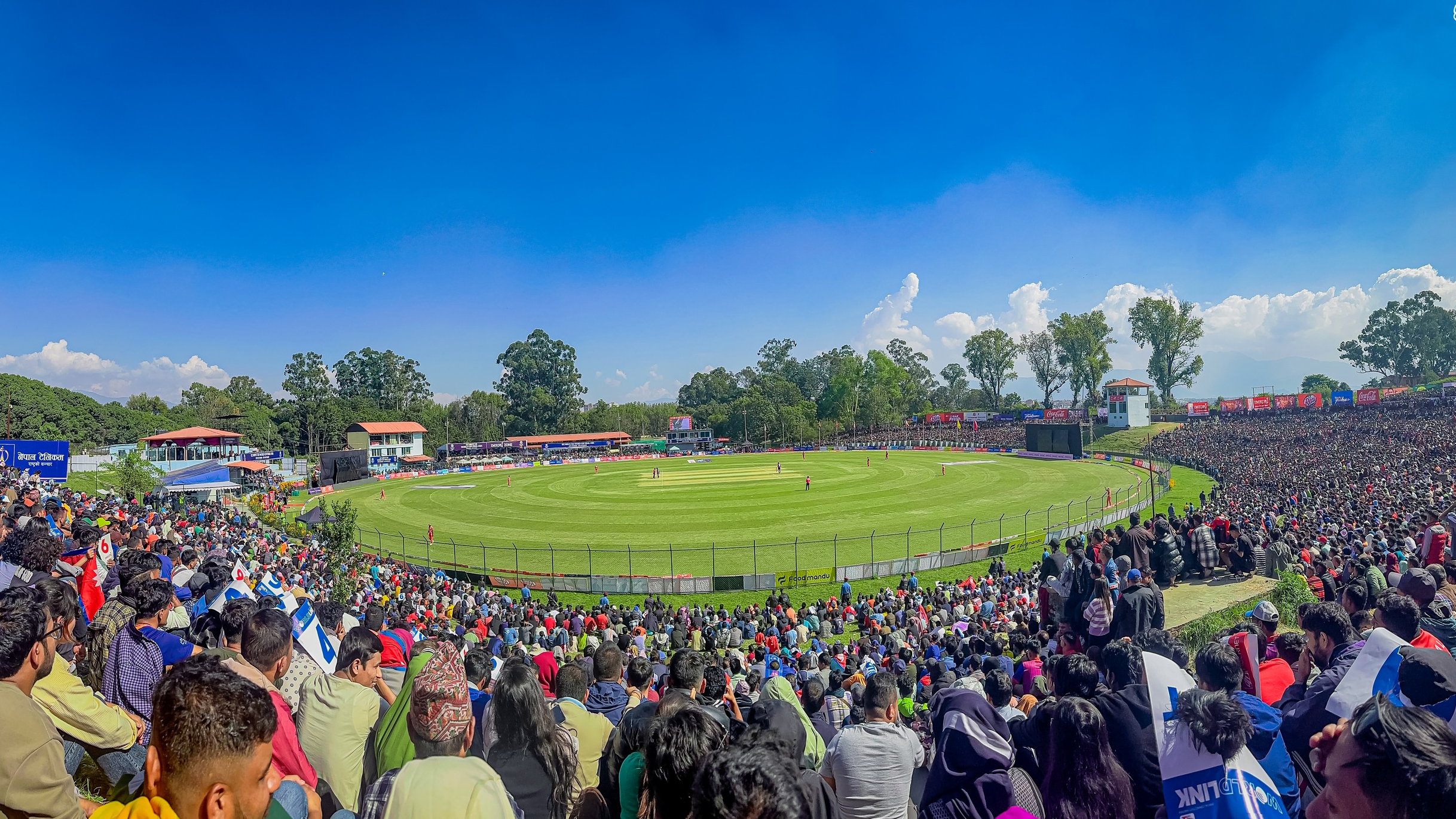Due to the incompetence of the regulatory Nepal Telecommunications Authority, Ncell’s international bandwidth supply has been affected. Tata Communications International PTE ceased supplying international bandwidth from Ashar 3 after the regulator failed to recommend foreign currency for a long time.
According to sources at the authority, the Indian company stopped providing bandwidth, claiming that Ncell had not paid the outstanding amount. Telecommunications and internet service providers source bandwidth from foreign upstream providers.
For payment in foreign currency, the authority must give approval and recommendations. However, Ncell has not received such approval, preventing them from making payments and leading to the cessation of bandwidth supply.
Ncell notified the authority in writing last week that Tata had stopped providing bandwidth. The company also requested a foreign currency recommendation to make the payment.
The stoppage of bandwidth supply has impacted Ncell’s telecommunications service operations. The authority has withheld Ncell’s foreign currency recommendations for over six months, affecting the company’s service expansion and improvement. It has also prevented payments to foreign consultants.
If Ncell cannot pay for bandwidth in the future, there is a risk that other bandwidth suppliers may also stop providing additional bandwidth capacity. Ncell has informed the authority that if this happens, all of Ncell’s services could be disrupted.
Tata has issued multiple legal notices to Ncell, demanding payment of the outstanding amount and warning of legal action if the payment is not made.
Ncell and Nepal Telecom source bandwidth for internet services from various suppliers in India and China. Authority spokesperson Santosh Poudel stated that the foreign currency recommendation could not be given because the company has not paid the frequency fee.
“Ncell owes the government about one billion rupees for the 2100 band frequency,” he said in a conversation with Techpana. “Until the outstanding amount is paid, we cannot recommend foreign currency.”
The issue of the frequency fee for that band has been disputed between the regulator and service providers for a long time. Ncell has taken the matter to the Supreme Court, but no order has been issued. The hearing for the case is scheduled for Magh 3.
The regulator insists that the frequency fee set before the auction must be paid at the rate determined after the auction. However, telecommunications companies argue that the pre-auction frequency fee should be paid at the pre-determined rate and that the post-auction rate should apply only after the auction. Nepal Telecom has also taken this issue to court.
Criticism has arisen, claiming that the regulator is not taking telecommunications services seriously by stopping the foreign currency recommendation over a dispute under consideration in court. Previously, the Ministry of Communications and Information Technology halted payments for international bandwidth for over a year due to outstanding issues, causing occasional internet service disruptions.








